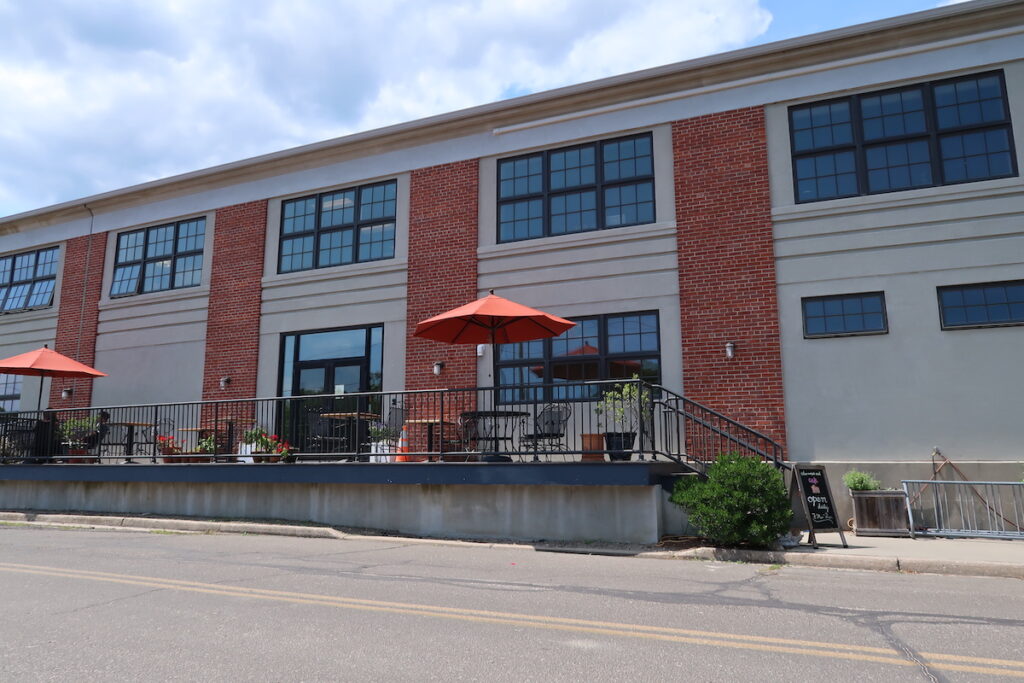Southold Town looks to put time limits on ZBA variances

If you’ve obtained a variance to build that new deck or swimming pool and you live in Southold Town, you might want to get going on that construction.
The Town Board is proposing a new law restricting the duration of Zoning Board of Appeals variance approvals, allowing applicants no more than six years to begin their projects after a variance is approved.
After six years, under the proposed law, homeowners would be required to apply for a entirely new variance.
Currently, a variance approved by the ZBA has no time limit and runs with the land in perpetuity.
But town officials say variances that are not acted upon within a reasonable time may become stale and incompatible with the surrounding community as conditions change over time, according to the draft law.
If work hasn’t started after a third one-year extension has been granted, homeowners will have to reapply for the variance and go through the ZBA’s public hearing process a second time.
“That is a six-year scenario that I think is very generous,” ZBA chair Leslie Weisman said at Town Board work session earlier this month. “After all, when people are asking for variance relief, they are asking to do something the law doesn’t allow.”
She noted that other town bodies, such as the Planning Board, have a much more restrictive time frame in which work must be completed.
The ZBA has allowed a long time frame to avoid making the process more difficult, and more costly, for people who applied for approval but later became “victims of the economy,” and were forced to put projects on hold before work could be started, Ms. Weisman said.
A public hearing on the proposed law is set for Tuesday, Nov. 18, at 4:30 p.m. in the Town Hall meeting room.
If passed, according to the proposal, the law will take effect Jan. 1, 2015.
With Carrie Miller
Editor’s Note: An earlier version of this story incorrectly stated that variances currently expire after three years.








